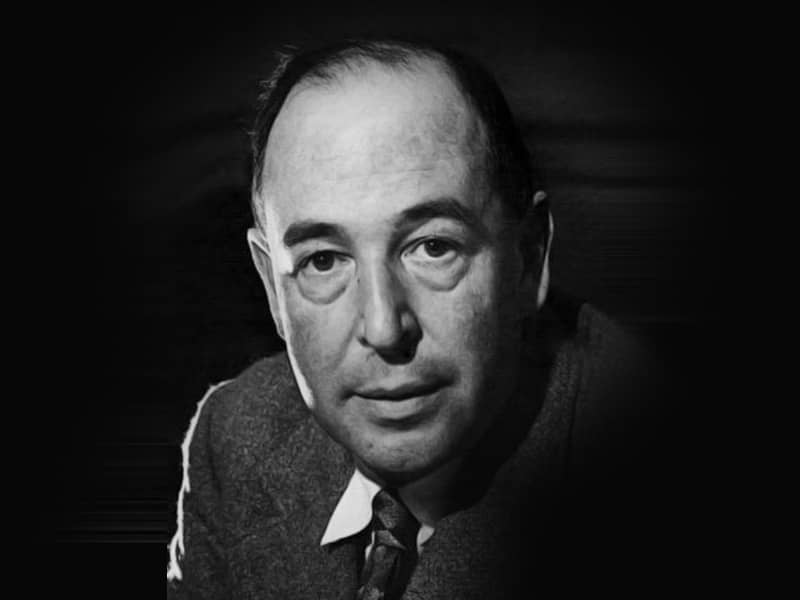By David Noel Freedman
Doubleday, 240 pp.
David Noel Freedman, general editor of the Anchor Bible series for 44 years, is known as a puzzle lover. He'd almost have to be. The kind of biblical scholarship he does relies upon layers of linguistic and literary sleuthing, and it's about the most engaging and rewarding kind of puzzle-solving one can imagine. While the bulk of Freedman's writing and editing has been geared for scholars, "The Nine Commandments" opens up one intriguing chunk of the master puzzle to general readers.
In "The Nine Commandments," Freedman sets out to define a coherent pattern in the Hebrew Bible, demonstrating that each book of the Bible depicts the Israelites disobeying each one of the 10 commandments (in order) "until they run out of both books and commandments" and "seal their doom." The biblical narrative, he writes, is a "series of successive parables of human disobedience and depravity that leads to the necessary consequences of punishment, banishment and exile." The Bible, in other words, is a contract: God has promised divine blessing in a promised land. In exchange, human beings are bound to obey the Ten Commandments. God's punishment through exile is the sad but logical ending for a people that fails to live up to its end of the bargain.
Freedman directs our attention to the "scarlet thread of commandment violations running through the tapestry of Israel's History," put there by a "Master weaver or editor who has skillfully woven into Israel's history a message to a community in exile that their present condition is not the result of God abandoning them, but of their abandoning God through their complete disregard for their covenant obligations."
They violate the commandment to observe the Sabbath in Numbers 15 when, in the wilderness, a man gathers wood on the Sabbath day. They violate the commandment prohibiting adultery when King David, in the book of 2 Samuel, has sex with Bathsheva, the wife of David's loyal commander-in-chief, who is off in battle. But what about the 10th commandment (that's "do not covet"), which appears not to be disobeyed? Freedman solves that part of the puzzle that seems not to fit. He explains that "the tenth commandment is a supplement to the previous commandments. It presents the motivation behind the crimes." Coveting is a sin that leads the Jewish people to violate all the other commandments. It is a state of being, an attitude, rather than an action. Therefore, one cannot be punished specifically for coveting but for the misdeed that it motivates. One could say that the commandment not to covet is violated in each of the other nine commandments.
Will readers be comfortable with Freedman's thesis--that the breaking of the commandments leaves God no choice but to punish the Israelites by reneging on his contract and sending them into exile? It can be hard to accept that the all-merciful God we'd like to imagine would be so unwilling to forgive, renegotiate, turn the other cheek, and fail to give people another chance to try again.
As a thesis that explains tragedy and exile, the crime and punishment narrative fits. But it seems less acceptable as a narrative that will sustain a people that wishes to remain in relationship with God for generations to come. If, as Freedman says, "The experiment in living as the people of God under the laws of the covenant came to a tragic end," what would motivate a people to try to repair the breech and start over, again and again, making new efforts at covenantal obedience? While Freedman has cleverly solved a puzzle, his thesis may leave readers blocked, theologically stuck in the doghouse of exile with no way back into covenantal relationship with God.

